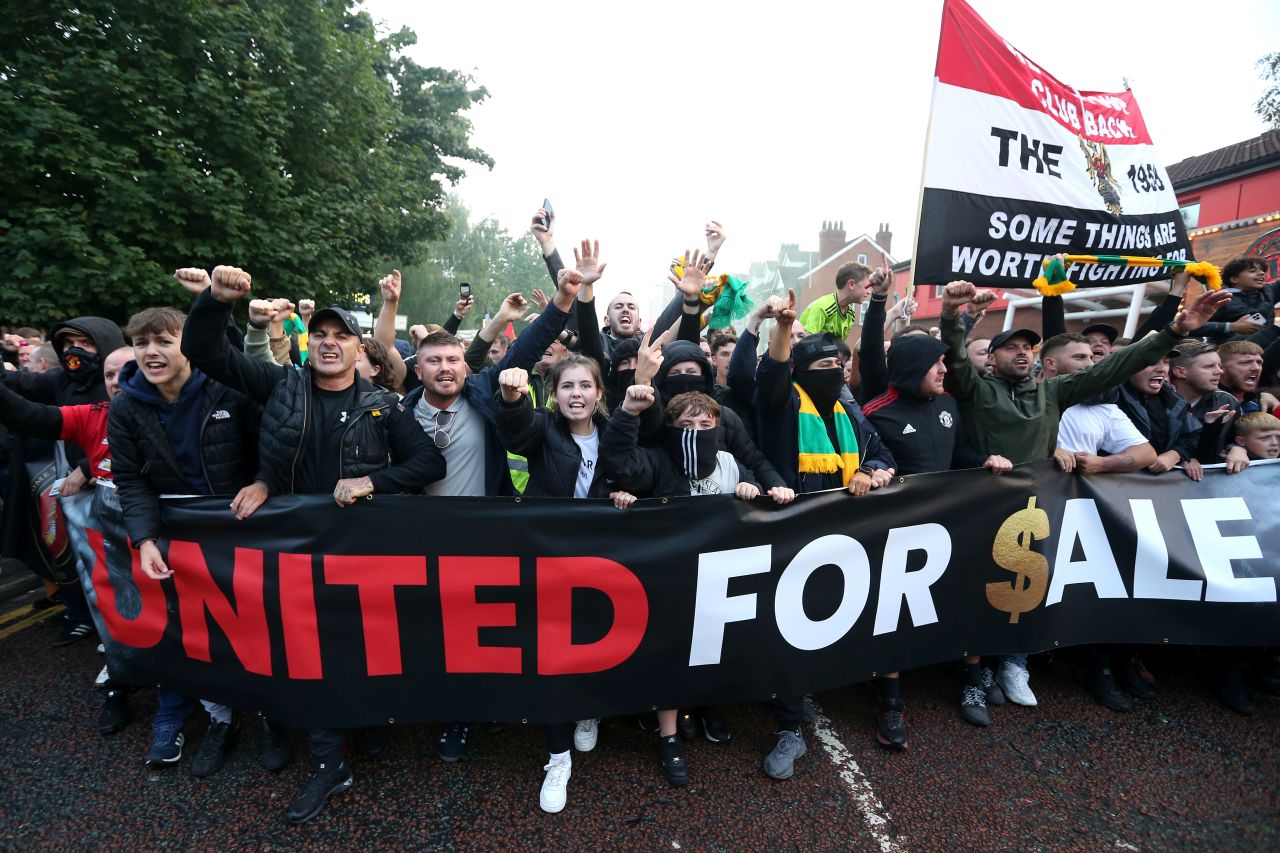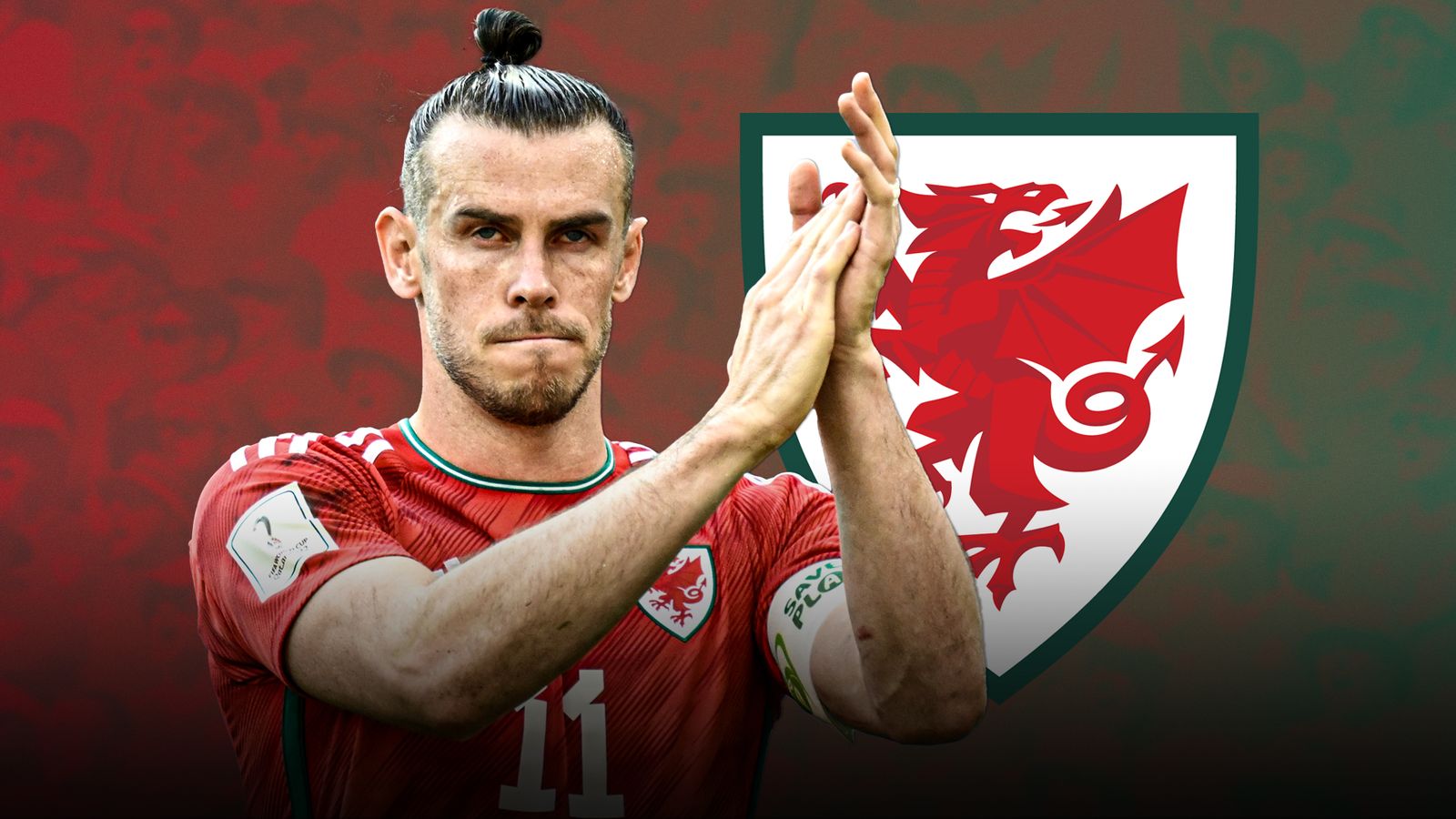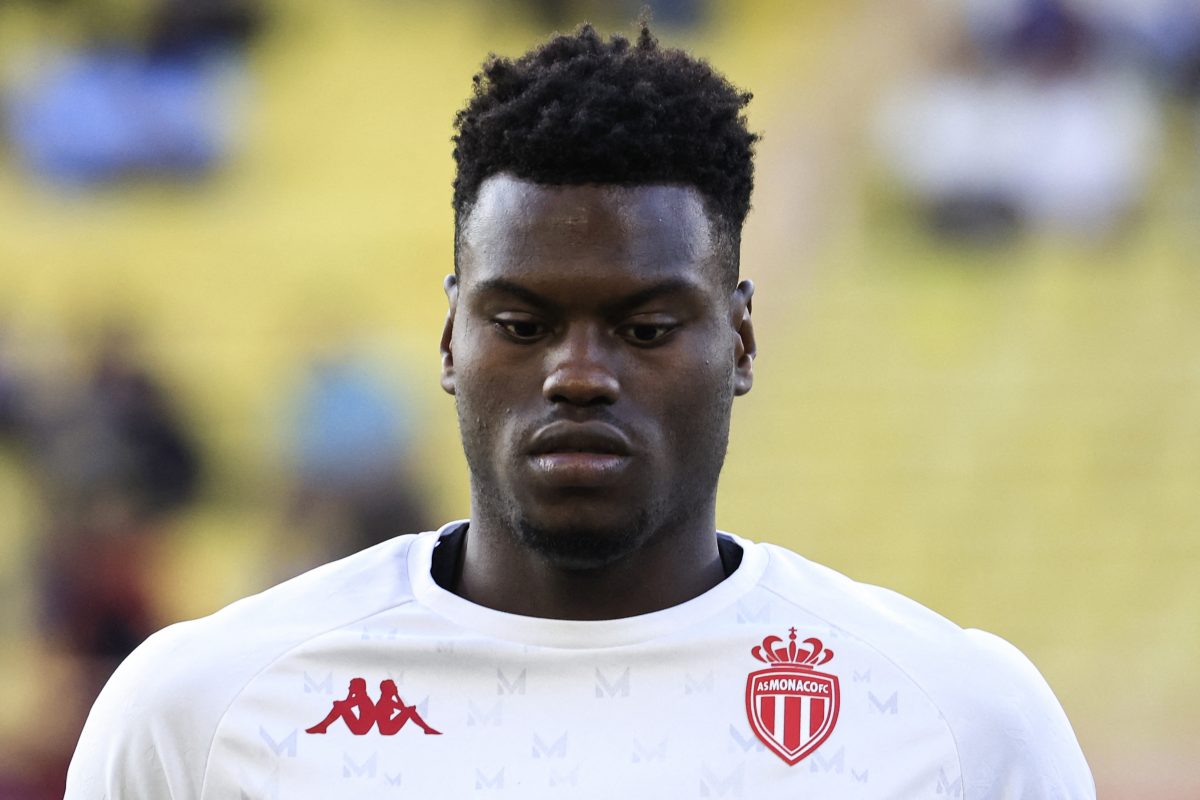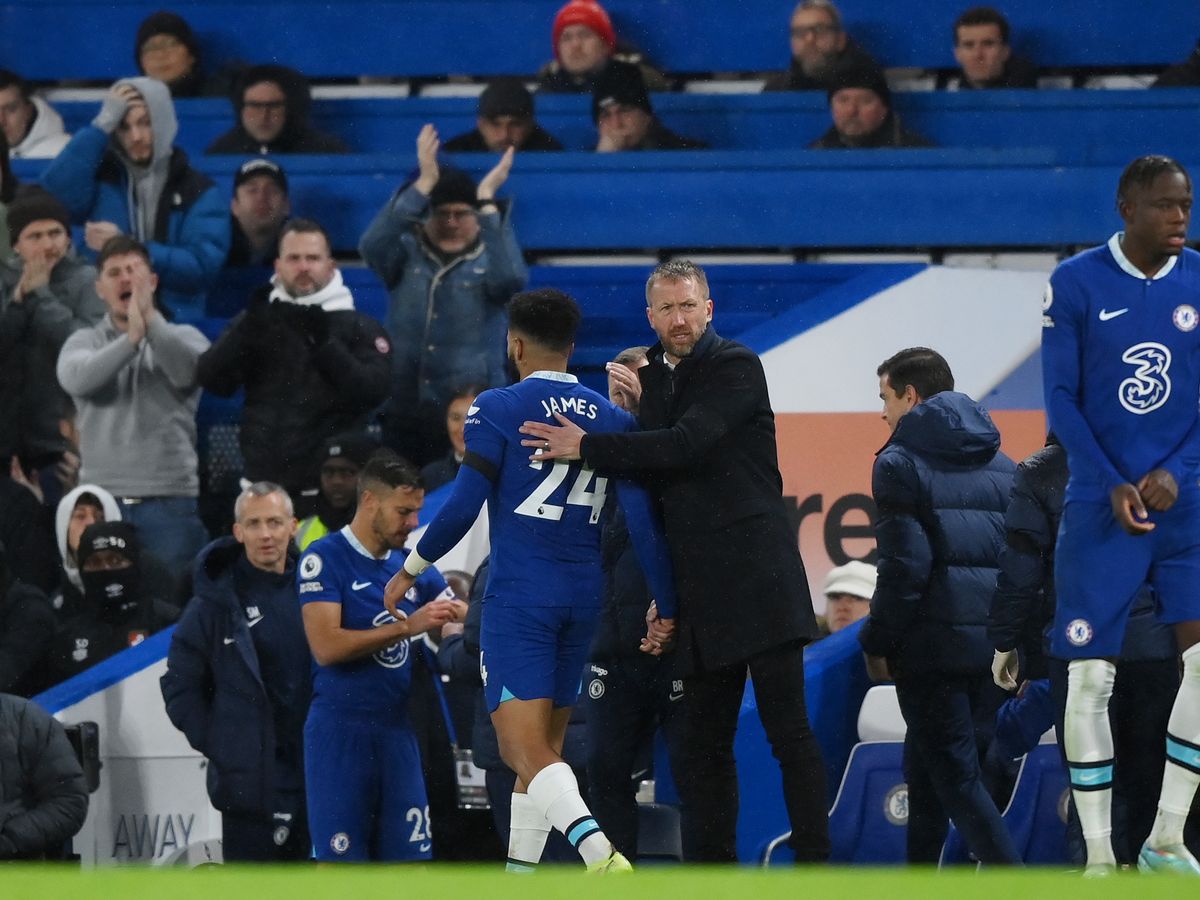First Liverpool, now United: why the big english clubs are for sale?

Manchester United is up for sale. Another big name in the English Premier League opens its doors to the market after Liverpool and after the sale of Chelsea, which passed from the hands of the Russian patron Roman Abramovich to those of the consortium led by the US entrepreneur Todd Boehly. But why is another English big company ready to be sold?
Starting from Liverpool, the Financial Times in a recent portrait of the American John Henry, the American businessman who is the largest shareholder of the Fenway Sorts Group (the group that controls the Reds) with 40% of the shares, describes him as a manager who, despite the passion that surrounds the club, has never let himself be carried away by the enthusiasm that in Liverpool knows how to be enthralling and who above all “knows when to sell” and get out of an investment at the right time.
The FSG, in fact, bought Liverpool 12 years ago for 300 million pounds and now, given the figures that are rumored, could get a monstrous capital gain. But, above all, explains the City newspaper, “he seems to want to leave European football while he is still at the top”. As if to imply that the recent golden age of the Reds may be destined to disappear in the near future.
The British press in particular leaked that the possibility of collecting a large capital gain from the investment was not the only reason behind Henry’s decision. Quoting the words of the Reds manager Juergen Klopp in early November – «there are three clubs in the world of football that can do what they want financially» with clear reference to the three companies owned by Persian Gulf entities: Manchester City, Newcastle United and Paris Saint-Germain –
British observers have pointed out that the fear that reigns not only in Henry’s plans but also in many Western (mostly American) owners of Premier League teams is that the equation between winning clubs and with excellent budgetary results which has been the paradigm of some clubs in the English championship of these years is strongly in danger.
Also because the sunset of the Super League (Henry had initially joined the project only to then backtrack like all the other English clubs involved) made the idea of the places assigned by right to the top European tournament disappear.
And with the fact that the Premier League (which has four places available for that money machine that is the Champions League) is increasingly competitive – now in the historic big six (Arsenal, Liverpool, Manchester City, Manchester United, Chelsea and Tottenham Hotspur) should also be added fully-fledged Saudi Newcastle – for English teams to obtain the certainty of a stable place in the most important and profitable European tournament is increasingly difficult and no club has the guarantee of remaining at the top.
The same speech can be compared to Manchester United. The Glazers bought the club for £790m in 2005 and if they really manage to raise between £6bn and £8bn – that seems to be their aim – they would be completing an extraordinary deal. There is a risk that the Premier League (and consequently its clubs) has reached the peak of its value, although the gap with the other leagues is still enormous.
Not only. Even the authoritative English newspaper The Times mentions the collapse of the project for the European Super League – which could regain strength with the decisions of the Court of Justice of the EU, but which also risks being scuttled definitively – and the power of the clubs owned by the Gulf states as valid reasons to “explore what stakeholders are out there”.




